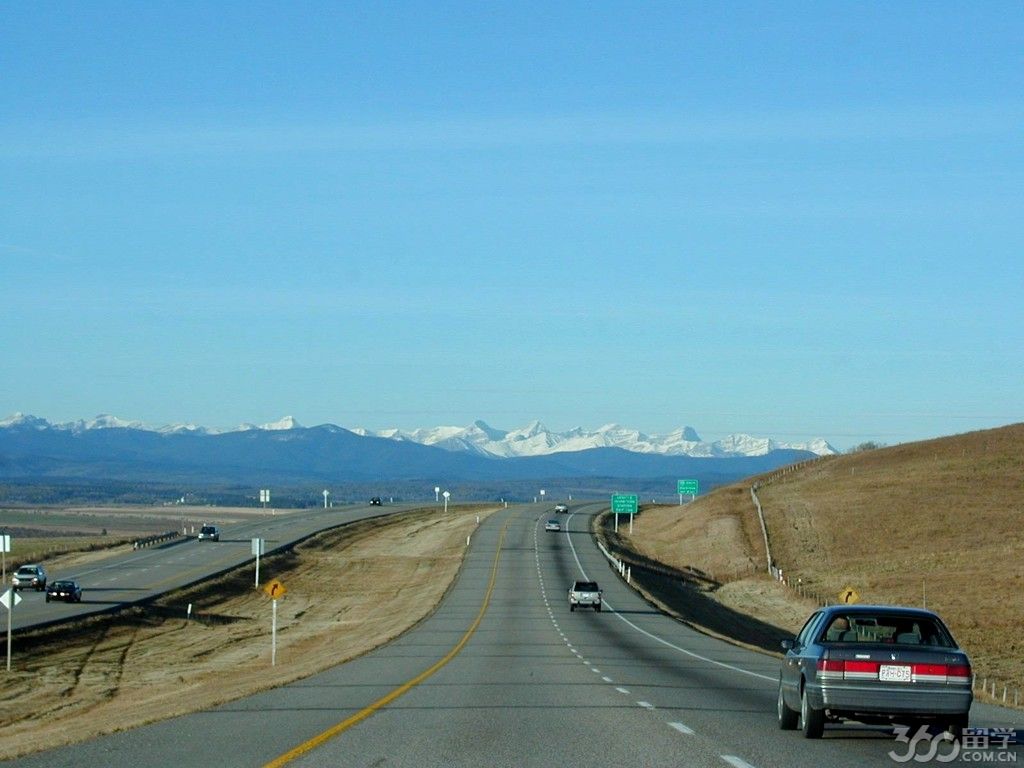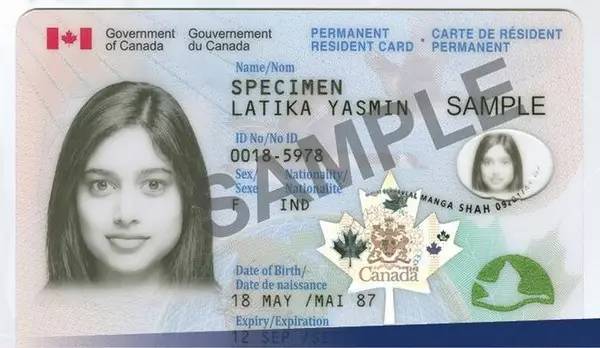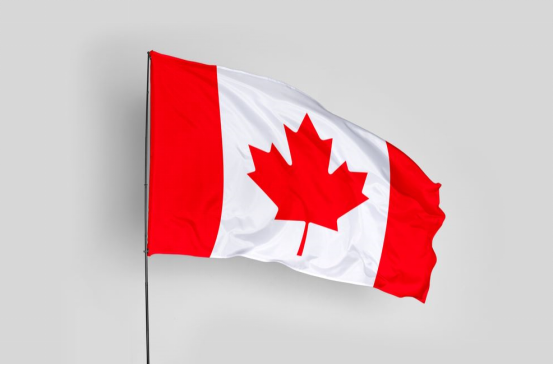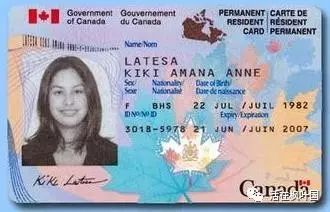Introduction To Canadian Passport And Maple Leaf Card: Full Analysis Of Rights, Benefits And Identity Proof
Introduction To Canadian Passport And Maple Leaf Card: Full Analysis Of Rights, Benefits And Identity Proof
1. Introduction to Canadian passports: Blessing a Canadian passport is a Canadian citizen, protected by Canadian overseas consulates, and enjoys the power of all Canadian citizens, including the right to vote and the right to be elected.
The holder of a Canadian passport is equivalent to Canadian citizenship. They will be protected by the Canadian consulate overseas and can enjoy all rights owned by Canadian citizens, including the right to vote and the right to be elected.
People holding Canadian passports can enjoy the policy convenience of visa-free or on-arrival visas in 183 countries and regions around the world, ranking third in the world.
Citizens holding Canadian passports will be protected by Canadian consulate during their residence or travel abroad. In case of political turmoil or major disasters, Canadian nationals will enjoy the privilege of prioritizing the arrangement of evacuation with the support of the Canadian government.
The Canadian Permanent Resident Card, also known as the Maple Leaf Card, is an identity document designed to prove that foreigners enjoy permanent resident status in Canada. This card gives the cardholder an official legal permanent residence, and this immigration benefit allows him to live and work in Canada. However, the maple leaf card represents only "Canada permanent residence" and not citizenship, so cardholders do not have the right to be elected and elected.
The use period of maple leaf card is five years. If the cardholder does not live in Canada for a long time, his or her maple leaf card qualification may be affected. Even so, Chinese people holding maple leaf cards still retain their Chinese passports and their identities are Chinese nationality.
Maple Leaf Card holders can enjoy the same rights and benefits as Canadian citizens, but they do not cover visa-free treatment in multiple countries. In addition, for Chinese citizens who hold Chinese passports and have maple leaf cards, they do not need a visa to communicate between China and Canada, and can live and work between the two countries.
According to current laws, individuals holding maple leaf cards are eligible to apply for citizenship if they live in Canada for three consecutive years. However, in the future, this requirement may rise to a requirement for a continuous residence of four years and must be a real residence within the territory.
What’s common about Canadian passports and maple leaf cards:
In Canada's education system, all public schools' educational resources are free from kindergarten at the age of five to completing high school, and students can also choose to borrow or apply for scholarships limited to citizenship.
Enjoy a comprehensive social security system, including health care, financial aid and pensions, and be able to live in low-priced pension homes.
Minors who hold Canadian nationality or maple leaf card status are eligible to apply to the relevant department to achieve family reunion with their parents.
Overall, holding a Canadian passport means you are a Canadian citizen, while holding a Canadian maple leaf card means you are a permanent resident of Canada. Neither of them is required to apply for a Canadian visa and are both permanent residence eligible. However, the maple leaf card and the passport cannot be owned at the same time.





